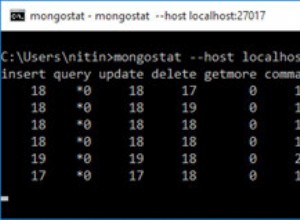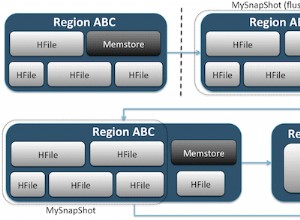Se conosci la struttura del tuo BSON, puoi creare un tipo personalizzato che implementi il json.Marshaler e json.Unmarshaler interfacce e gestisce NaN come desideri. Esempio:
type maybeNaN struct{
isNan bool
number float64
}
func (n maybeNaN) MarshalJSON() ([]byte, error) {
if n.isNan {
return []byte("null"), nil // Or whatever you want here
}
return json.Marshal(n.number)
}
func (n *maybeNan) UnmarshalJSON(p []byte) error {
if string(p) == "NaN" {
n.isNan = true
return nil
}
return json.Unmarshal(p, &n.number)
}
type myStruct struct {
someNumber maybeNaN `json:"someNumber" bson:"someNumber"`
/* ... */
}
Se hai una struttura arbitraria del tuo BSON, la tua unica opzione è attraversare la struttura, usando la riflessione e convertire qualsiasi occorrenza di NaN in un tipo (possibilmente un tipo personalizzato come descritto sopra)




